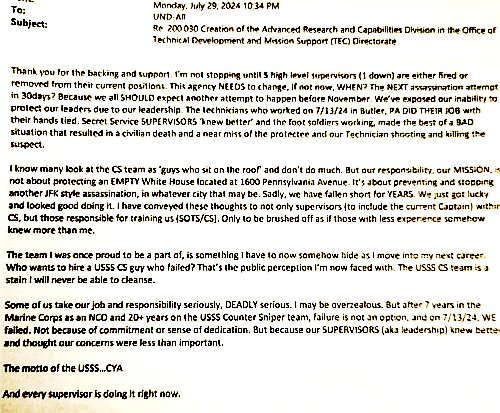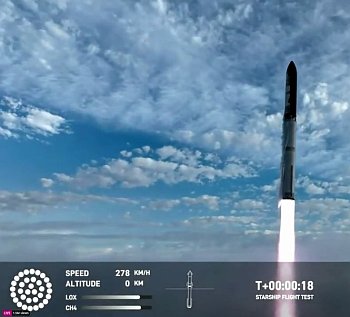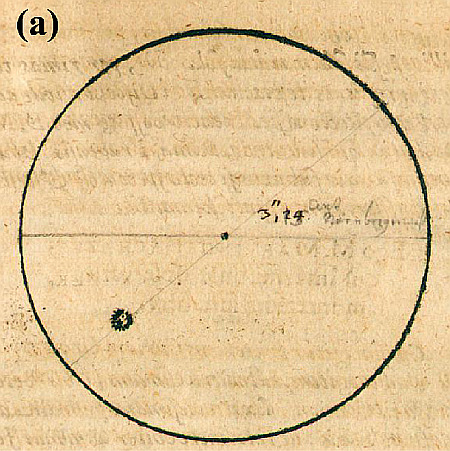Boeing names new CEO, set to take over on August 8, 2024
Boeing today named a new CEO, Robert “Kelly” Ortberg, who among the candidates being considered appears to be the only one who did not have a long career at Boeing.
Ortberg emerged as a leading candidate only recently. Others who were reportedly considered for the job included Patrick Shanahan, a former Boeing executive and now CEO of its most important supplier, Spirit AeroSystems, and another longtime Boeing executive, Stephanie Pope, who recently took over the commercial airplanes division.
Ortberg led Rockwell Collins from 2013 to 2018, when it merged with United Technologies and wound up as part of RTX, the company formerly known as Raytheon. He retired from RTX in 2021.
He will take charge of the company as of August 8, 2024.
It remains to be seen if Ortberg can fix things. As the article notes, since 2019 Boeing has lost more than $25 billion, and has been saddled with numerous quality control failures in almost all its technical divisions, from building airplanes to providing maintenance to building space capsules. The failures in its airplane divisions resulted in several crashes that killed 346 people, and caused it to accept a deal with the Justice Department that included a fine of $243.6 million to avoid a criminal trial. That deal however has not yet been accepted by the judge in the case.
Ortberg will have to demonstrate somehow that the culture at Boeing itself has changed. The first thing he could do to indicate he is serious about doing so would be to shut down entirely Boeing’s Diversity, Equity, and Inclusion (DEI) bureaucracy. Getting rid of that poisonous race-based anti-quality program would go a long way in convincing others that Ortberg means business, and wants to put talent, skills, experience first in everything Boeing does, something previous CEOs have clearly not done.
Boeing today named a new CEO, Robert “Kelly” Ortberg, who among the candidates being considered appears to be the only one who did not have a long career at Boeing.
Ortberg emerged as a leading candidate only recently. Others who were reportedly considered for the job included Patrick Shanahan, a former Boeing executive and now CEO of its most important supplier, Spirit AeroSystems, and another longtime Boeing executive, Stephanie Pope, who recently took over the commercial airplanes division.
Ortberg led Rockwell Collins from 2013 to 2018, when it merged with United Technologies and wound up as part of RTX, the company formerly known as Raytheon. He retired from RTX in 2021.
He will take charge of the company as of August 8, 2024.
It remains to be seen if Ortberg can fix things. As the article notes, since 2019 Boeing has lost more than $25 billion, and has been saddled with numerous quality control failures in almost all its technical divisions, from building airplanes to providing maintenance to building space capsules. The failures in its airplane divisions resulted in several crashes that killed 346 people, and caused it to accept a deal with the Justice Department that included a fine of $243.6 million to avoid a criminal trial. That deal however has not yet been accepted by the judge in the case.
Ortberg will have to demonstrate somehow that the culture at Boeing itself has changed. The first thing he could do to indicate he is serious about doing so would be to shut down entirely Boeing’s Diversity, Equity, and Inclusion (DEI) bureaucracy. Getting rid of that poisonous race-based anti-quality program would go a long way in convincing others that Ortberg means business, and wants to put talent, skills, experience first in everything Boeing does, something previous CEOs have clearly not done.










